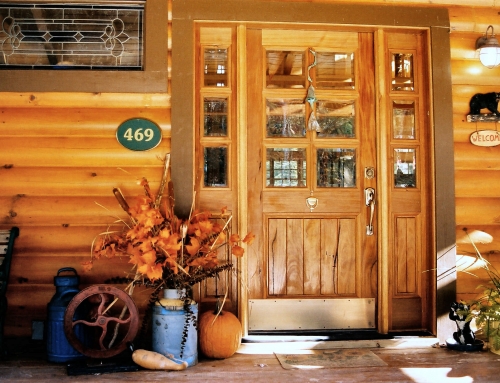Building a home can be a very rewarding experience, but it can also be a source of major frustration. This will be one of the most important decisions you can make, so make sure to do your homework before making a decision.
The most important thing to remember is even if you can do everything, time could be against you. If you are financing your project most banks like to have the home finished within one year in most cases. Keep this in mind, especially if you have a full time job and can only dedicate some of your availalbe free time to the project. Keep you goals realistic, and if you plan on working with a contractor, make sure they are willing to work with you and allow for the DIY people to really get involved. A few methods of building on your own are listed below. See if you fit into one of these, or try to determine how you and your situation would differ.
Self-Builder: This requires that you do all of the dry-in and finish construction for the home yourself. Being a self-builder will provide you larger savings compared to the other two methods, but the savings can diminish with expenses of tools, labor, and potential time delays that will add interest to a construction loan. This option is only suggested if you have experience with the specific type of construction you will need for the completion of your home.
Self-General Contractor: This requires that you coordinate the project, but is less labor intensive than the self-builder, because you will hire workers to complete the dry-in and finish construction. This is one of the most popular choices because of the potential savings of up to 10-20% of the budget.
General Contractor: This allows you to hire a contractor to coordinate and complete your entire project. You will have fewer concerns with financing, and more competitive bids from sub-contractors, but you will find it to be the most expensive choice of the three construction options. This option is suggested for most home owners.
A few things to remember when deciding which path to follow:
- How much time do you have available to dedicate toward your home build?
- If using a general contractor, are they willing to work with you, or use your specified sub-contractors?
- Are you in an area that must have licensed contractors for all areas of the build?
- If financing, is there a time limit to have the home completed both inside and out?
- Building permits in most areas are not more heavily regulated and will require CAD drawings or at least a personalized set of plans for each project. We can help with this, so give us a call and let us know what you need.
- Some states won’t let you be your own general contractor, or require extra permits or regulations, so check with your local building department first.
- Most importantly, only do what you can do. Learning on the job isn’t something that normally works, so unless you are an experienced handyman, or have super friends in high places, you might want to leave the heavy lifiting to the licensed GC’s.

